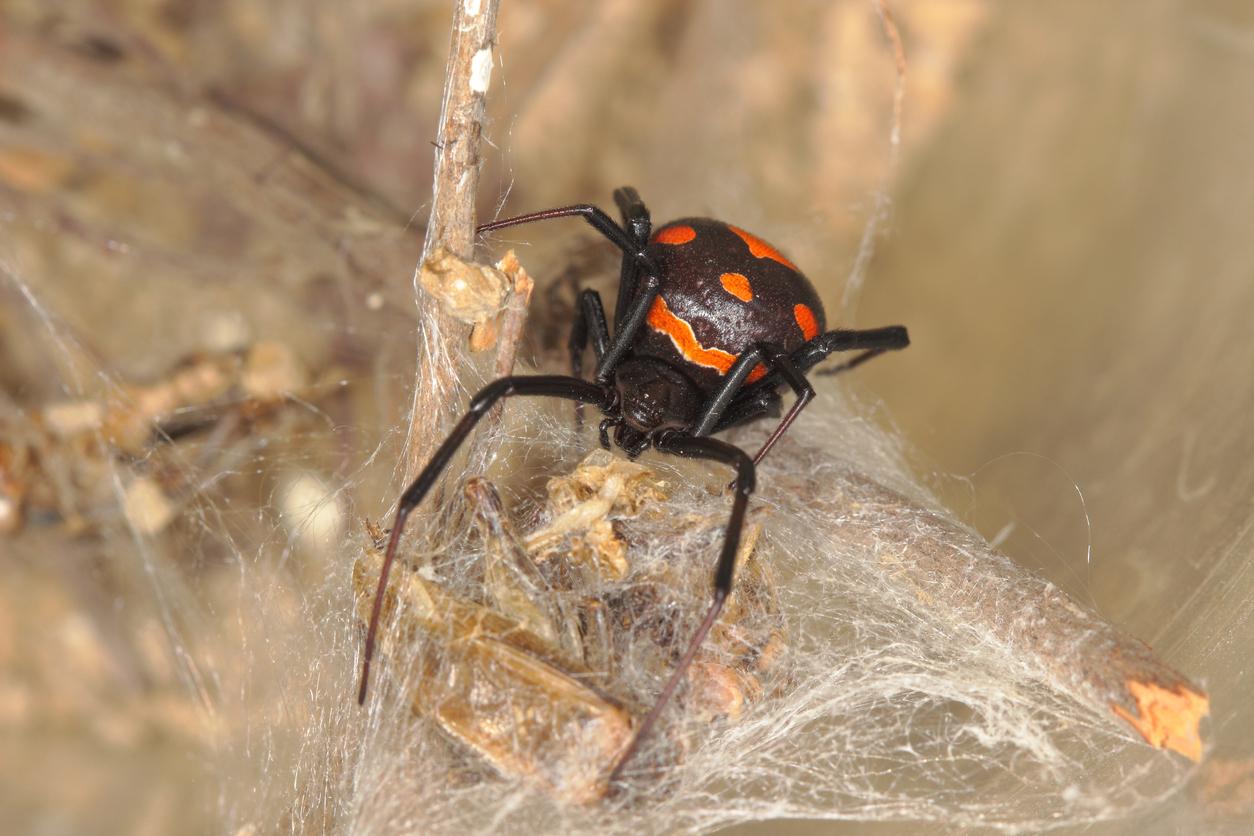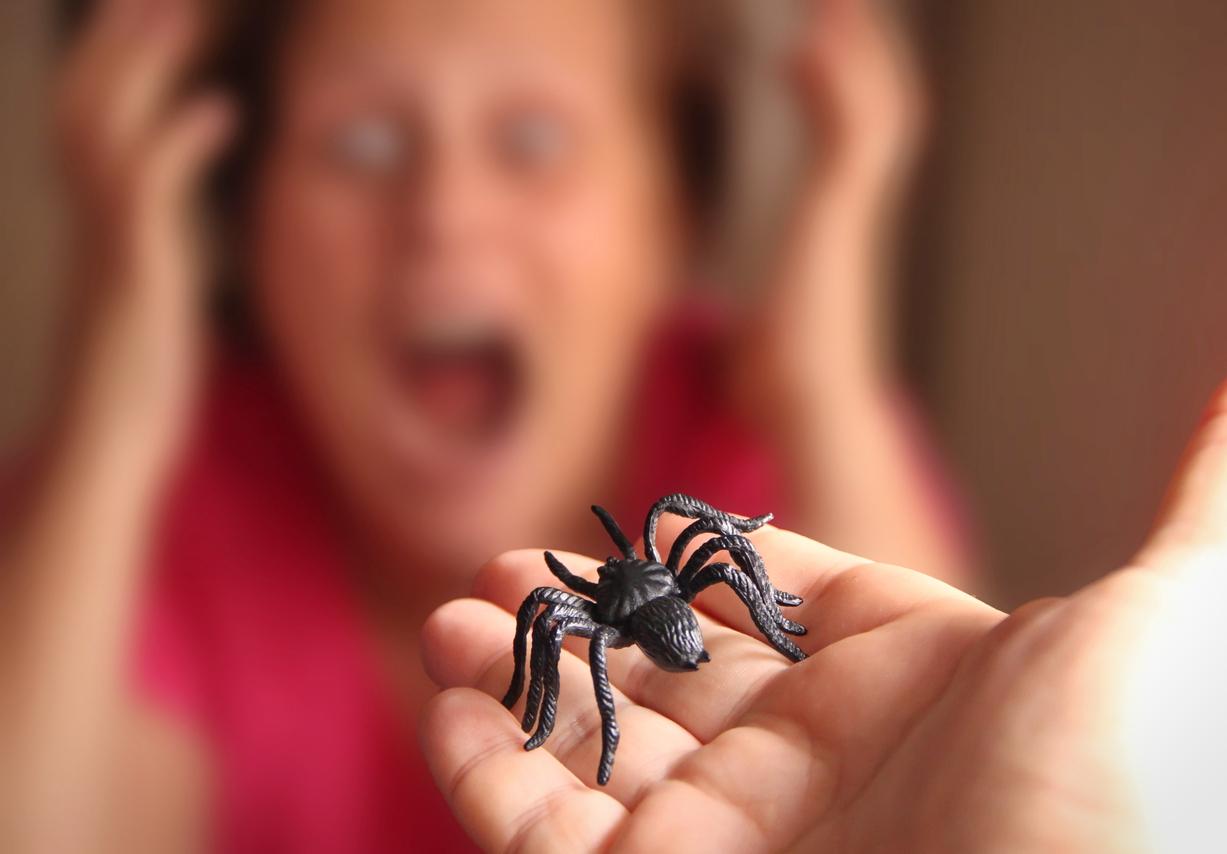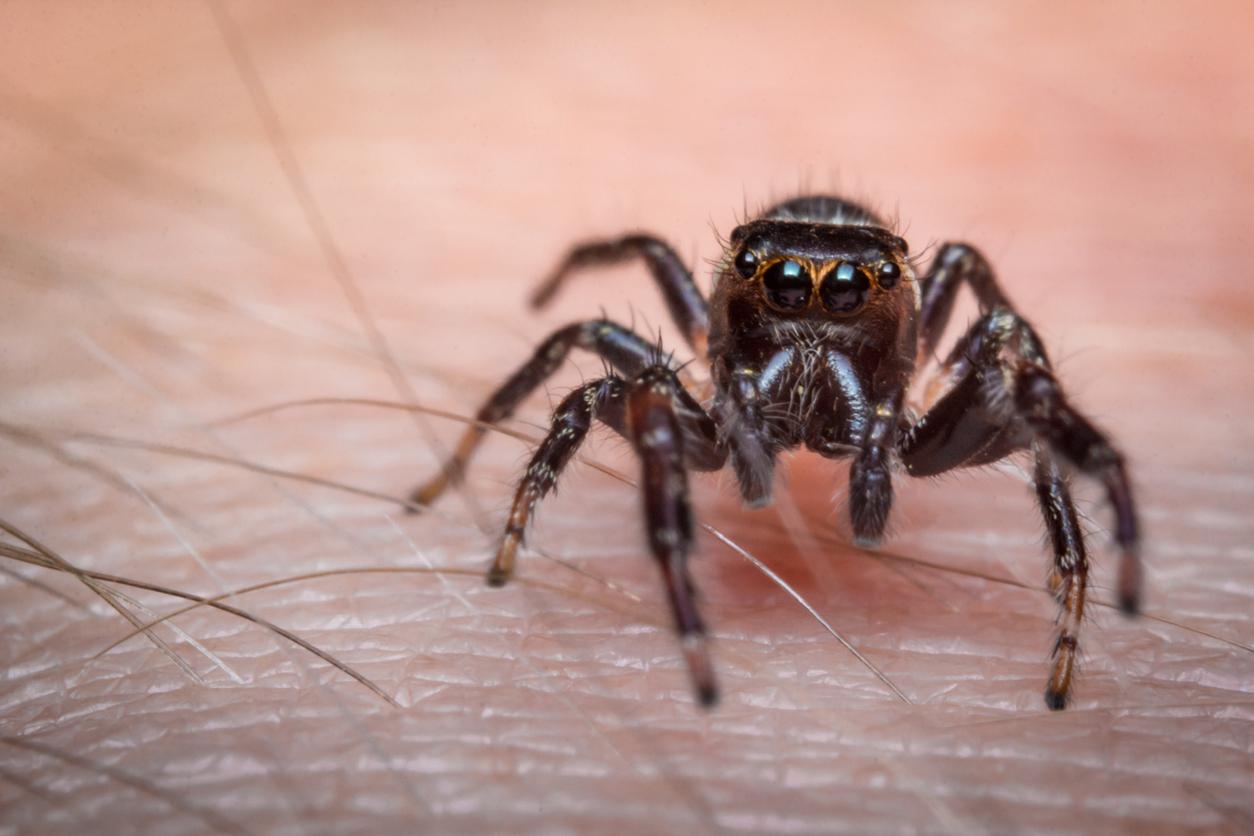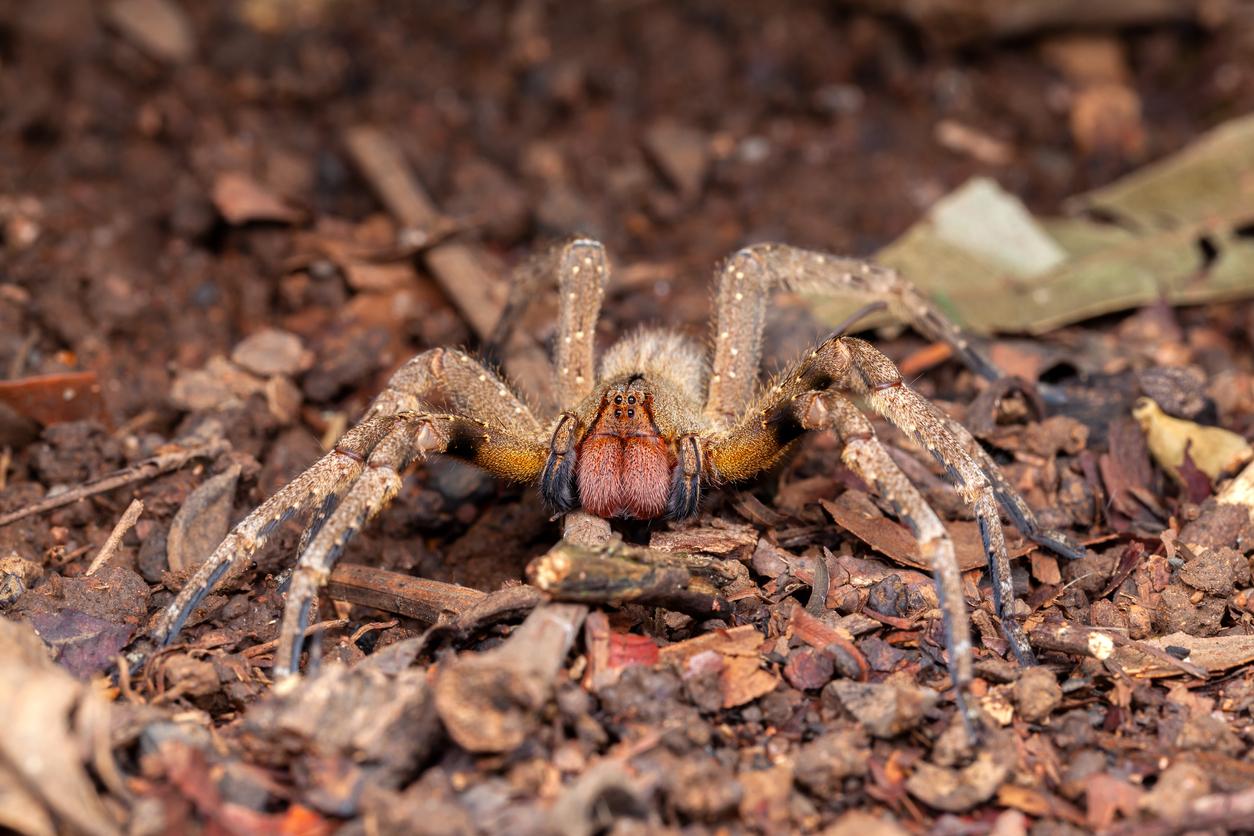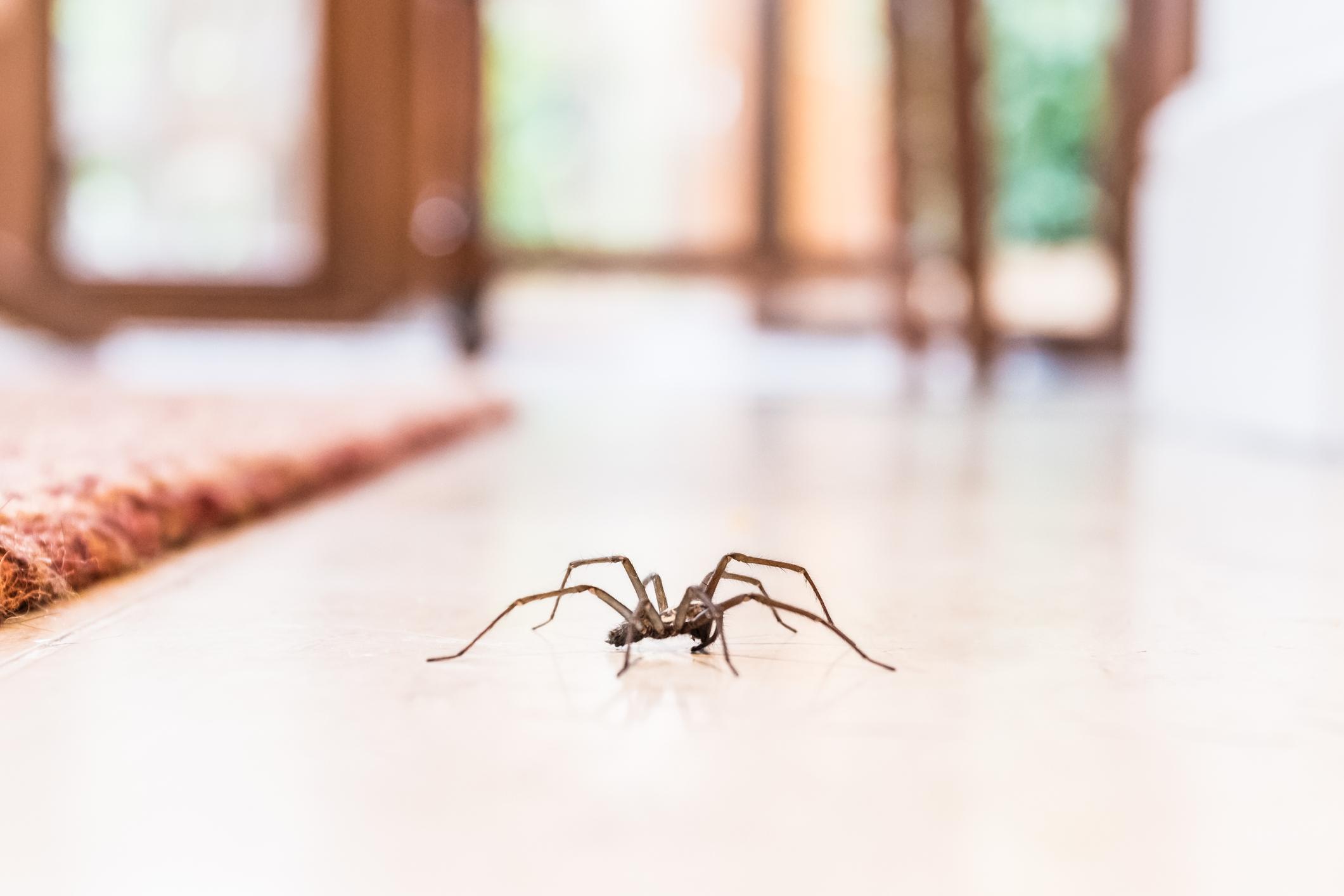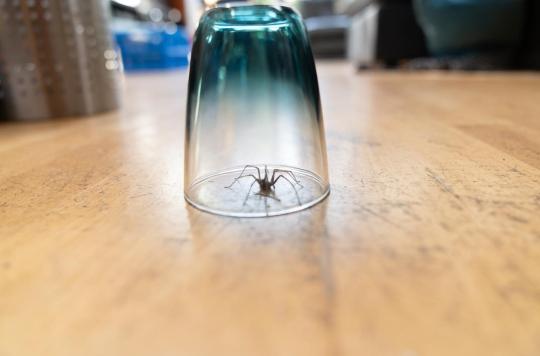Christine Rollard, nicknamed “Madame Spider”, is a teacher-researcher at the National Museum of Natural History. This doctor in biology is the main specialist in the study of spiders in France. In her office, she conducts desensitization sessions to help those who come to see her to fight against their arachnophobia. It brings them knowledge to counter fear.
-1664960453.jpg)
Why, as a specialist in the study of spiders, do you supervise desensitization sessions?
One of my missions, as part of my job as a teacher-researcher at the National Museum of Natural History, is the dissemination of knowledge. I consider that these desensitization sessions, in which I disseminate my knowledge, are part of this mission. Some might think that I exceed my functions, but I tell myself that I bring a small stone to the mill in the life of people. And it’s not me who started it, it’s requests. From time to time, some psychologists call me and send me their patients, in addition to their sessions, knowing that there is often a psychological problem behind that I am not dealing with. But at least the phobic object is better known and its perception is completely different. Sometimes, some people come to see me on their own initiative, telling me that they are already seeing a psychologist, or that they have had hypnosis sessions and that it didn’t work. The first years, I did one or two sessions a year, then little by little, with word of mouth, it went up. I do between 20 and 40 a year today. But be careful, I really place myself as a doctor in biology. Even if I work with psychologists and I have documented myself to do things well, I am not a psychologist.
“Spiders are covered in silk and therefore very soft”
What do these desensitization sessions consist of?
I receive these people very gradually, in a neutral room in general. Sometimes I even remove my “spider jewelry”, since it is a representation of it. Then I’ll just tell them about it. I often have them draw to find out if they really know the shape of the animal. We are going to work on what bothers them in the phobic object. It can be very different depending on the individual: it can be the legs, the eyes, their movement, their overall appearance, or their dangerousness… This is why I do individual sessions, adapted to each one. Then afterwards, the person comes to my work room, a place where he will never see so many spiders in his life. I show him spiders under the magnifying glass, I make him touch a moult… it can unblock the approach of certain phobics because they would never have imagined that a spider could be so sweet. There are a whole bunch of approaches depending on the person. I also give some exercises to do after the sessions, for example not looking into a room all the time when you come home. The ultimate goal of accepting the spider in your home is not to put them out and to manage to tell yourself that you have roommates, who live their lives on their side and we on ours.
Why are many people afraid of spiders?
We are often afraid of what we do not know. One of the keys to countering fear is knowledge. And that’s where my role is useful: I’m going to bring scientific knowledge and arguments, of course by formalizing them differently, with the right terms, to help review differently what in the spider scares people. For example, the hairy appearance of spiders can be scary, so I explain that they are covered in silk and therefore very soft. Each time, we will go into the rational to explain and reclaim what a spider really is. It’s a lot of work: a session is a discussion that can last 2, 3 or 4 hours. My goal is not to make those who come to see me like spiders, I just want them to understand them.
“I had 3 confirmed cases of spider bites in my 33-year career”
What are the differences between fear of spiders and arachnophobia?
It is important to distinguish between the different levels of fear and phobia. Many come to me saying they are phobic. But the majority are not really phobic, they are more or less marked fears, sometimes focused on a particular species of spider. For phobics, it is really a handicap in daily life. Sometimes I can’t even mention the word “spider”, I have to find pictures to be able to talk about it. Some can’t see them in pictures without having a fit. There, it is really a phobia and it is necessary to help them. What many forget is that fear is part of us, it is normal and necessary for our survival, just like surprise. Above all, I’m not going to suppress people’s fear, we can continue to have a little fright when we come across a spider by surprise. During my sessions, we will work to try to perceive the phobic object and the world of spiders differently, completely forgetting ourselves, which is not easy because we are very anthropocentric towards animals, whereas it is absolutely necessary to change perspective and scale when talking about spiders.
Can the dangerousness of spiders justify the fear they arouse?
Worldwide, not just in France, there are practically no spiders that are potentially dangerous to humans. Even if some can bite when they have a sufficient hook size, there is very little chance of being in physical contact with them given their way of life. They only attack in fiction films. The first thing they face in danger, which corresponds to the vibrations that one can make while moving, is flight. It really takes very special circumstances for there to be a bite. You really need a forced contact, for example, if you put your hand on it or if you have a spider in a shoe: the spider, unable to escape, bites to defend itself. And as it is a defensive reaction, they are rather dry bites, without venom, since they use it to eat above all. I’ve had 3 proven spider bites in my 33 year career. However, sometimes, certain doctors or pharmacists can suppose at the sight of certain signs that it may be a spider bite, even when it is not. The spider does not have a full-fledged brain, it is a nerve ganglion connected to the sensory organs. So a spider reacts primarily to vibrations and it cannot feel emotion. Some phobics say the spider comes to them. However, they have a fixed view at short distance, which means that they do not see us as a whole. We are like a support for them. We are nothing in the world of spiders. So they have little reason to bite us apart from defence.









